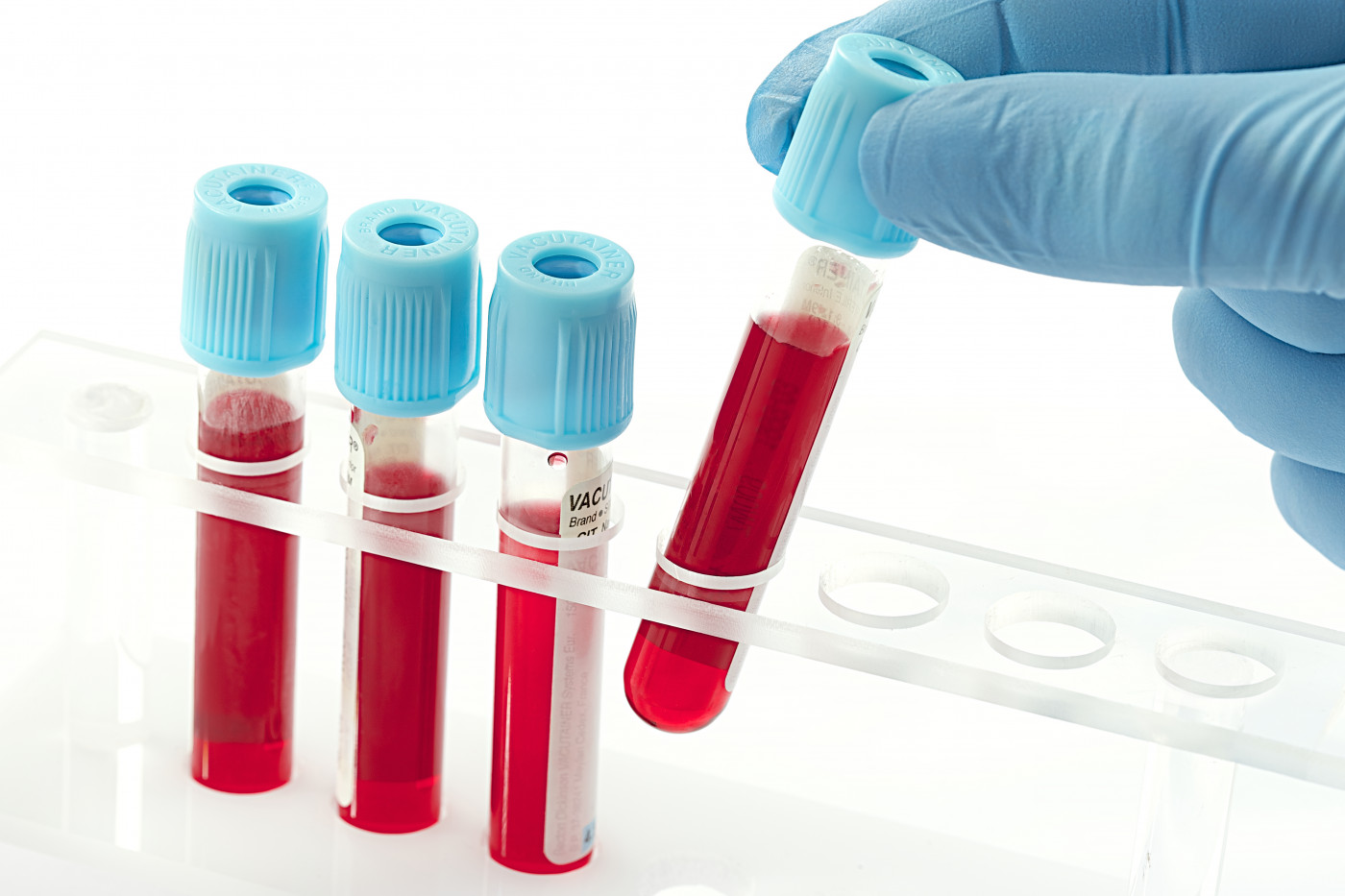Mayo Clinic Develops Test to Distinguish Other Demyelinating Diseases from MS
Written by |

The Mayo Clinic has developed a test that allows doctors to distinguish other inflammatory demyelinating diseases from multiple sclerosis in the early stages of a disorder.
The test, the first of its kind in the United States, looks for an antibody against a protein known as myelin oligodendrocyte glycoprotein in the blood. Loss of the protein is associated with inflammatory demyelinating diseases, whose name stems from loss of the myelin protein sheath that protects nerve cells.
In addition to MS, the disorders include optic neuritis, neuromyelitis optica, acute disseminated encephalomyelitis, and acute transverse myelitis.
In previous studies, researchers have found myelin oligodendrocyte glycoprotein antibodies in demyelinating disorders besides MS. The glycoprotein, which is found in both myelin-producing cells and the myelin sheath, is believed to play an important role in creating the sheath. Antibodies are proteins the immune system produces to fight foreign substances called antigens.
Mayo Clinic scientists have linked myelin oligodendrocyte glycoprotein antibodies to relapses of demyelinating diseases.
“While many IDDs [inflammatory demyelinating diseases] that mimic multiple sclerosis are rare, correct and early diagnosis allows for early immunotherapy with immunosuppressants, rather than disease-modifying agents that are commonly used in treating MS,” Dr. Sean Pittock, co-director of the Mayo Clinic’s neuroimmunology laboratory, said in a press release.
“And, more important, some MS treatments have been reported to worsen the disease of patients diagnosed with an IDD that is not classical MS,” he added.
The new test not only distinguishes other demyelinating diseases from MS, but can also help predict a disorder that will relapse, or return.
“Certain drugs will prevent disease relapses and may reduce [patients’] disability progression, so this diagnostic information will help healthcare providers and their patients with treatment options,” Dr. said Andrew McKeon, the other co-director of Mayo’s neuroimmunology laboratory.
McKeon believes a combination of the Mayo test and an aquaporin-4 (AQP4) test offer doctors “the most comprehensive evaluation for patients recently diagnosed with demyelinating diseases.”
The AQP4 test looks for antibodies against the AQP4 protein, which works as a water channel in cell membranes. The AQP4 antibody, which Mayo Clinic researchers discovered more than a decade ago, was the first biomarker for inflammatory demyelinating diseases.
Pittock encourages people who are experiencing sudden vision problems, such as difficulty seeing and eye pain, to take the two antibody tests.


